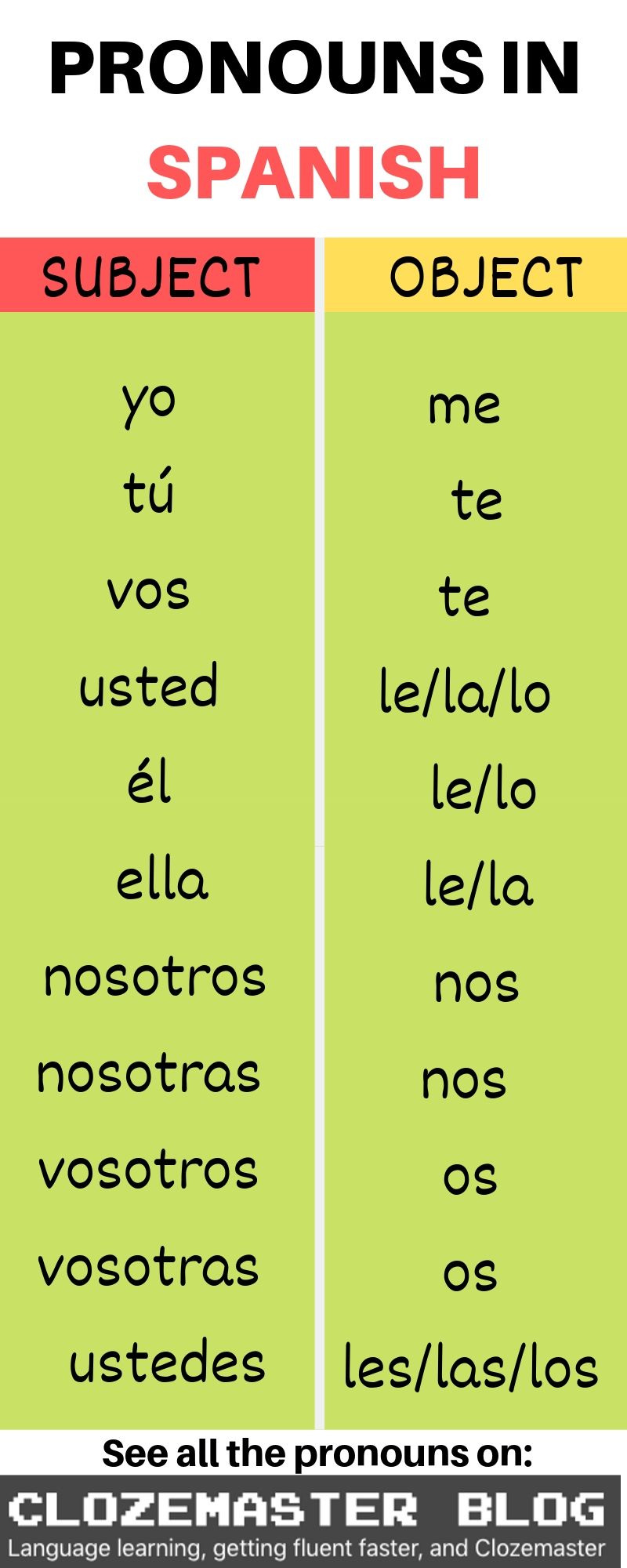English pronunciation can be a bit tricky, especially when it comes to words that sound similar but are spelled differently, such as "difference." In this article, we will guide you on how to pronounce "difference" correctly in relaxed English language.
What is "difference"?

"Difference" is a noun that means the way in which two or more things are not the same. It can also refer to the result of subtracting one number or quantity from another. For example, "There is a big difference between a cat and a dog," or "The difference between five and two is three."
How to pronounce "difference"

The word "difference" is pronounced as "dif-ruhns" with the stress on the first syllable. Let's break it down:
- The "di" sounds like "duh."
- The "f" is pronounced like "ff."
- The "er" sounds like "uh."
- The "en" sounds like "n."
- The "ce" sounds like "ss."
Put them all together, and you get "dif-ruhns."
Practice makes perfect

The best way to improve your pronunciation is to practice it as often as possible. Here are some tips to help you:
- Listen to native speakers and try to imitate their pronunciation.
- Record yourself saying the word and compare it to the correct pronunciation.
- Repeat the word several times until you feel confident.
Sounds similar but different

English has many words that sound similar but are spelled differently and have different meanings. Here are some examples:
- Accept vs. Except
- Affect vs. Effect
- Adverse vs. Averse
- Compliment vs. Complement
- Desert vs. Dessert
Knowing the difference between these words and how to pronounce them correctly can improve your English skills and help you communicate more effectively.
Common pronunciation mistakes

Here are some common mistakes that English learners make when pronouncing "difference" and how to avoid them:
- Pronouncing the "f" like a "v."
- Stressing the wrong syllable, such as "dif-frence" instead of "dif-ruhns."
- Pronouncing the "ce" like a "ch," such as "dif-rench" instead of "dif-ruhns."
Be aware of these mistakes and practice the correct pronunciation to avoid confusion and improve your communication skills.
In conclusion
Pronouncing "difference" correctly is an essential part of English communication. Remember to stress the first syllable and pronounce each sound correctly. Practice often, and be aware of common mistakes to improve your pronunciation skills. Knowing the difference between similar-sounding words can also help you communicate more effectively. Now, go ahead and practice saying "difference" out loud!